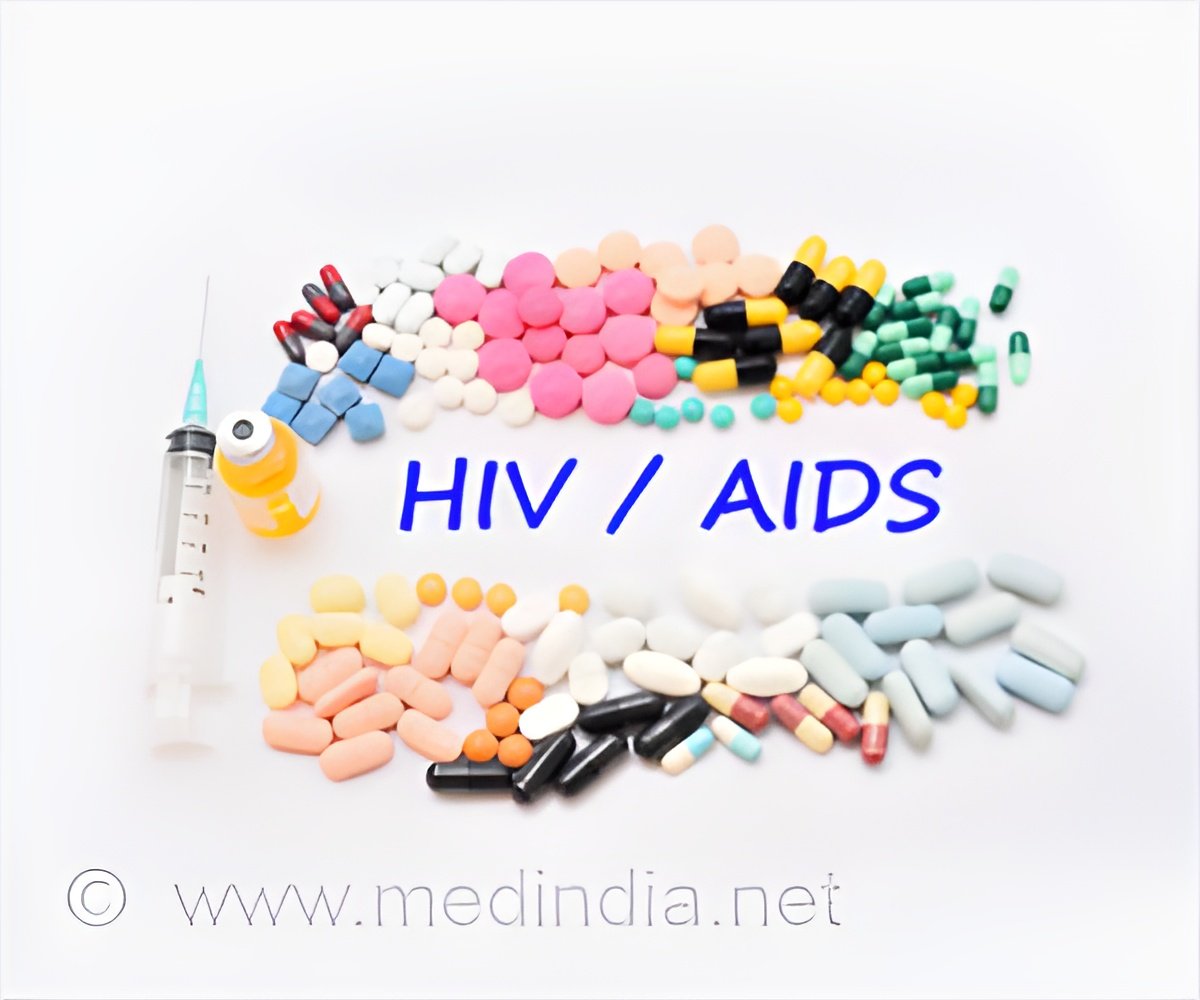Human immunodeficiency virus (HIV) neutralizing antibodies are highly potent and are able to effectively neutralize a large number of different HIV strains.

‘A new human immunodeficiency virus (HIV) neutralizing antibody, called 10-1074, when tested in humans was well tolerated and demonstrated favorable pharmacokinetic properties.’





In close
collaboration with the Division of Infectious Diseases at the University
Hospital Cologne (Prof Gerd Fätkenheuer) and scientists of the
Rockefeller University in New York, Prof Klein's research group is
investigating whether broadly neutralizing antibodies can be used to
treat HIV infection. The just published trial investigates this approach. The broadly neutralizing antibody 10-1074 targets a specific structure (V3 loop) on the HIV envelope protein. In the study, the investigators show that the antibody was well tolerated and demonstrated favorable pharmacokinetic properties.
Additionally, the antibody showed high antiviral activity in the participants with HIV infection. Furthermore, the team was able to specifically investigate the development of resistant HIV variants.
"We performed a comprehensive HIV sequence analysis to investigate the dynamics and mechanisms HIV uses to escape the selection pressure by the antibody," says Dr. Henning Gruell, one of the first authors of the current publication.
"This trial was only possible because of the intensive collaboration with the Rockefeller University and many other clinical and scientific partners," says Prof Klein, principal investigator in Germany and co-last author of the study. The scientists are planning further trials to investigate an antibody-mediated treatment approach in patients with HIV infection. Further trials have already been scheduled for spring.
Advertisement









